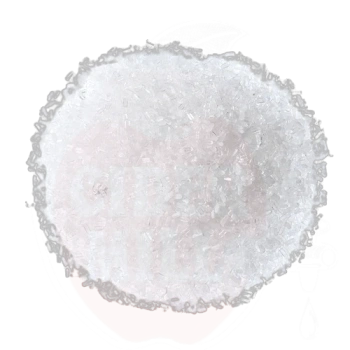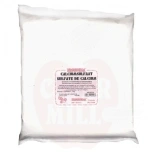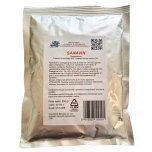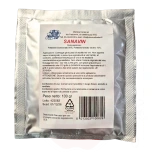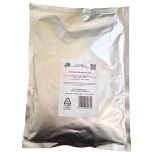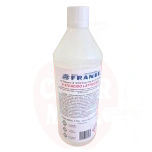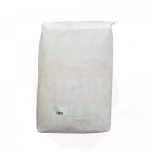Magnesium sulphate 500g (Epsom)
![]() Professionals recommend - producers prefer!
Professionals recommend - producers prefer!
EAN: 9388866612508
Brand:

Unit: pc
Stock qty: 9
![]()
![]() Delivery time within Estonia for stock items approx. 3-5 working days. NOTE! Due to the rapid price increase, prices for non-stock items may change without prior notice! Standard prices with 24% VAT.
Delivery time within Estonia for stock items approx. 3-5 working days. NOTE! Due to the rapid price increase, prices for non-stock items may change without prior notice! Standard prices with 24% VAT.
9,90 €/Kg
Magnesium Sulfate (Epsom) - Brewing Mineral 500g
Magnesium sulfate is an essential brewing mineral that helps enhance beer's taste properties and regulate the chemical composition of brewing water. This 500-gram package contains quality Epsom salt specifically designed for home brewing.
Main properties of magnesium sulfate in brewing:
- Gently lowers water pH level
- Improves enzyme activity
- Enhances hop bitterness profile
- Helps achieve a clearer flavor bouquet
Magnesium sulfate is particularly useful when brewing hop-forward beer styles, where it helps highlight the characteristic sharpness and freshness of hops. The mineral supports the brewing process by optimizing water chemistry for quality beer production.
Usage: Add magnesium sulfate carefully and moderately, following the exact quantities in the beer recipe. Excessive use can affect beer taste and have a laxative effect.
Storage: Keep in a dry and cool place, in an airtight container.
⚠️ Important: Follow the recommended dosage and usage instructions precisely. Check the expiry date before use. Store in a cool, dry place. Incorrect dosage or use may damage the final product. We recommend testing with a small quantity first and observing the result.
Keywords: beer brewing, magnesium sulfate, epsom salt, brewing minerals, beer additives, brewing water, beer minerals, brewing supplies
magnesium sulfate brewing | epsom salt beer making | brewing minerals | water chemistry brewing | home brewing additives | beer water treatment | magnesium sulphate homebrewing | brewing salts | beer mineral adjustment
| Weight (kg) | 0.500000 |
| High (m) | 0 |
| Width (m) | 0 |
| Length (m) | 0 |
.png)
